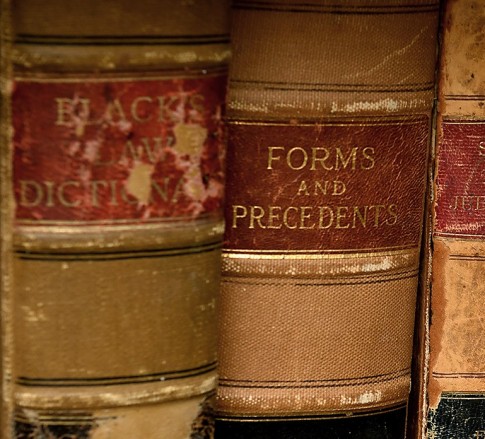Copyright Office Provides Guidance on Artificial Intelligence
August 3, 2023
In a recent webinar, the Copyright Office provided crucial guidance on registering works that incorporate AI-generated material, a topic of growing importance as AI becomes increasingly integrated into creative processes.
This guidance builds on the Office's March 2023 statement, which clarified that AI-generated works are not eligible for copyright protection due to the absence of human authorship. This statement raised numerous questions among applicants about the extent of disclosure required for new registrations and the fate of applications and registrations filed or granted prior to March 2023. The recent webinar aimed to address these concerns and provide a clearer path forward.
The Copyright Office defined "de minimis" use of AI, a term referring to trivial use that doesn't necessitate disclosure. The Office explained that to determine whether a work falls into this category, one must consider whether the AI-generated material, if created by a human, would meet the copyrightability standard set by the Supreme Court's decision in Feist Publications, Inc. v. Rural Tel. Serv. Co. This case established that a work must exhibit "independent creation plus a modicum of creativity" to be eligible for copyright protection.
The Office also provided examples of de minimis use of AI, such as using AI for spell-checking, formatting, blurring identifiable information in videos, and making minor edits to video frames. In these cases, the AI's function wouldn't be copyrightable if performed by a human, hence it's considered de minimis use.
For cases where AI use is "appreciable" or significant, the Copyright Office outlined a straightforward disclosure process. AI-generated works are treated as a new category of "unclaimable material", joining previously-published works, previously-registered works, public domain works, and copyrightable material owned by a third party. Applicants need to complete the "Material Excluded" section of the application, specifying the type of AI-generated work and providing a simple statement explaining the exclusion.
The Copyright Office reassured applicants that it has no plans to review registrations filed before March 2023 for proper AI usage disclosure. However, applicants may choose to file supplemental registrations disclosing any previously omitted AI usage.
The Office also provided examples of hypothetical works that incorporate AI and explained how to disclose and disclaim AI-generated components in these cases. These examples ranged from books where AI was used to brainstorm ideas or generate artwork, to motion pictures where AI was used to create background and special effects.
During a Q&A session, the Office explained why it's not waiting for court decisions on AI copyrightability. Given the need to make registration decisions now, the Office is taking a proactive stance. It also acknowledged that while text prompts entered into an AI system could technically be copyrightable, the protection wouldn't extend to the work generated by that prompt. The Office anticipates reviewing such applications on a case-by-case basis.
Joshua A. Claybourn is a member serving as the firm’s intellectual property and licensing practice group leader. He also represents municipalities and units of government.



